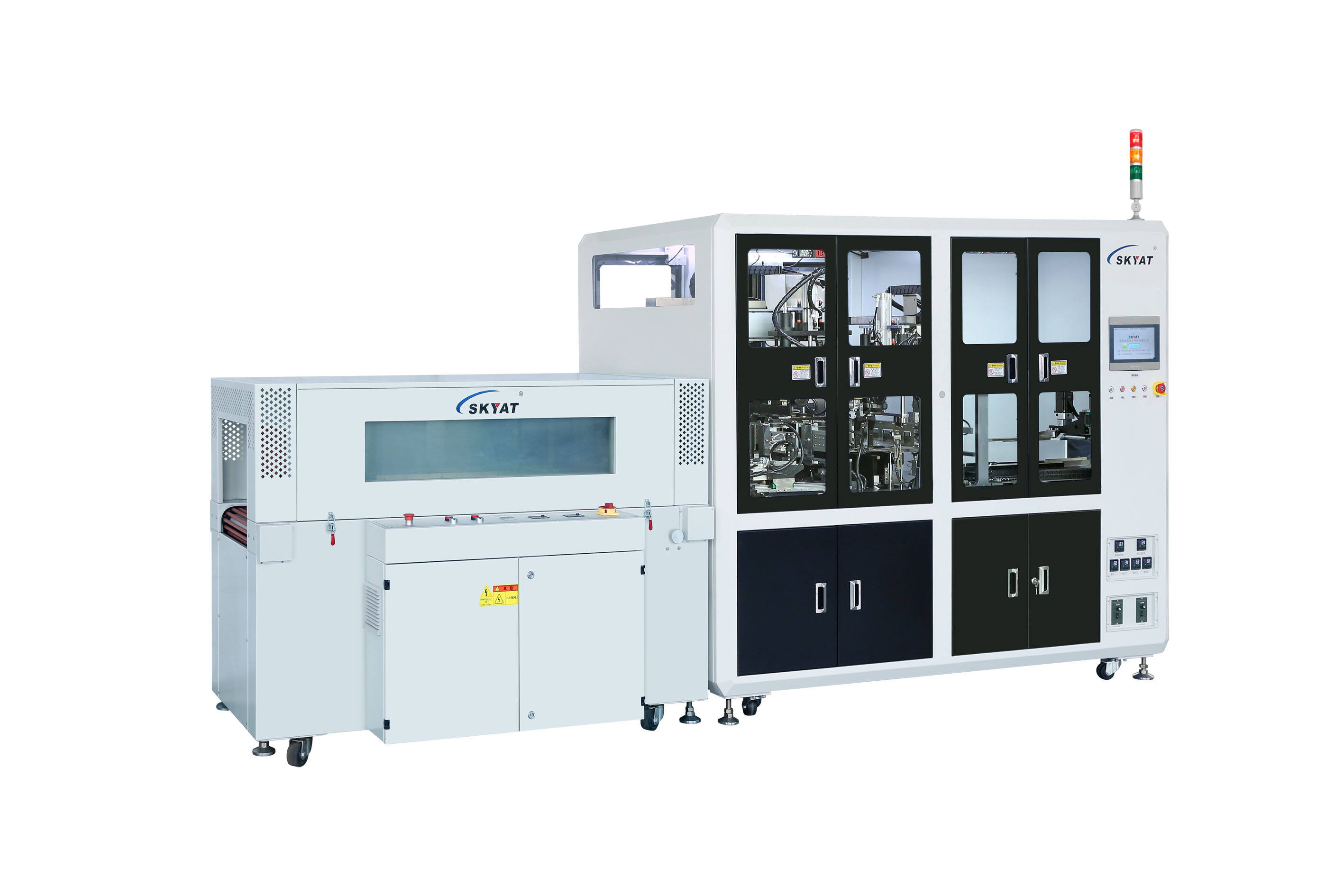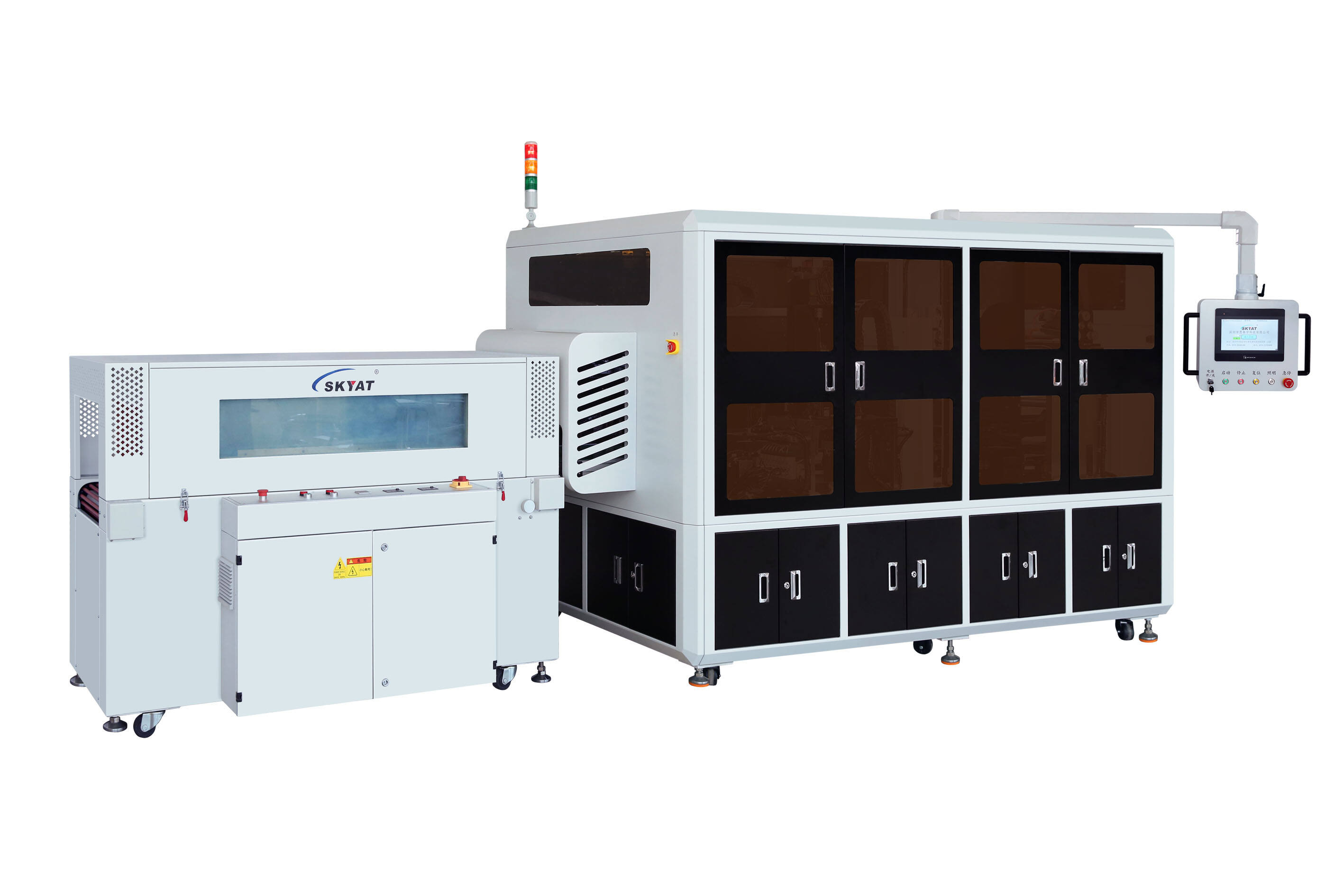A comparison of shrink wrapping equipment for the food industry—encompassing sectors like tea processing, snack manufacturing, and healthcare products—focuses on features critical to food safety, freshness, and compliance. Key distinctions lie in automation level, material compatibility, and hygiene standards, ensuring equipment meets the unique demands of perishable and consumer-facing products. Manual equipment, such as heat guns paired with food-grade film, is suitable for small-batch operations like artisanal tea brands. It offers flexibility for irregularly shaped packages e.g., gift tea boxes and low upfront costs \500-\3,000. However, it risks contamination due to frequent human contact and struggles with consistency—overheating can melt packaging or degrade tea flavor, while loose wraps allow moisture ingress. Manual systems also limit scalability, topping out at 10-15 items per minute, making them impractical for growing snack producers. Semi-automatic machines, including L-sealers with integrated shrink tunnels, balance efficiency and affordability \5,000-\20,000 for medium-volume food operations. They reduce human contact by automating sealing, lowering contamination risks, and process 20-60 items per minute—ideal for healthcare products like vitamin bottles or bulk tea bags. Features like adjustable heat settings prevent film melting, while perforation tools add vent holes to preserve freshness in baked goods. Many include stainless steel components for easy cleaning, a must for meeting food safety standards. However, they struggle with large or irregular items, such as oversized tea tins, and require operator oversight for loading. Fully automatic systems \30,000-\150,000+ dominate high-volume food production, handling 100-300+ items per minute for products like pre-packaged snacks or bottled beverages. They integrate with conveyors to minimize human contact, use sensors to ensure uniform wrapping, and feature sterile tunnels with HEPA filtration—critical for ready-to-eat foods. Advanced models adjust film tension and heat based on product size, preserving delicate items like pastries while securely wrapping heavy jars. For tea manufacturers with seasonal peaks, automatic systems scale output seamlessly, reducing the need for temporary labor. They also support eco-friendly films e.g., compostable PLA, aligning with consumer demand for sustainability. When comparing, prioritize hygiene stainless steel, easy cleaning, film compatibility oxygen-barrier for freshness, and compliance FDA/USDA approval. Smaller brands benefit from semi-automatic systems, while large producers need fully automatic solutions to balance speed, safety, and efficiency.




Copyright © 2025 By Skyat Limited. - Privacy policy